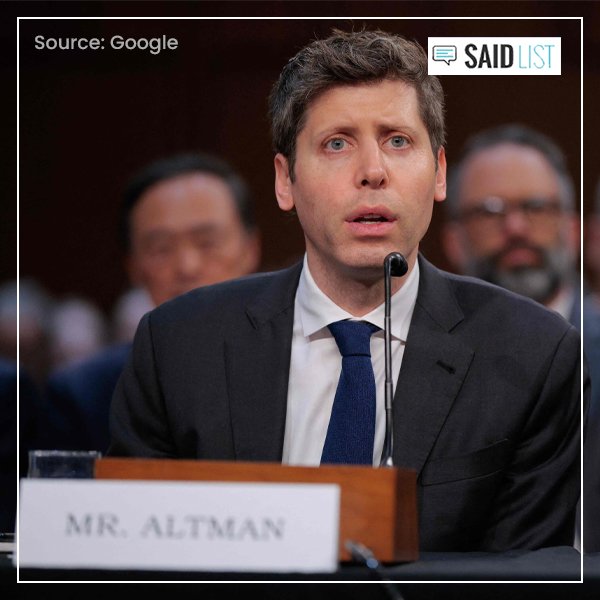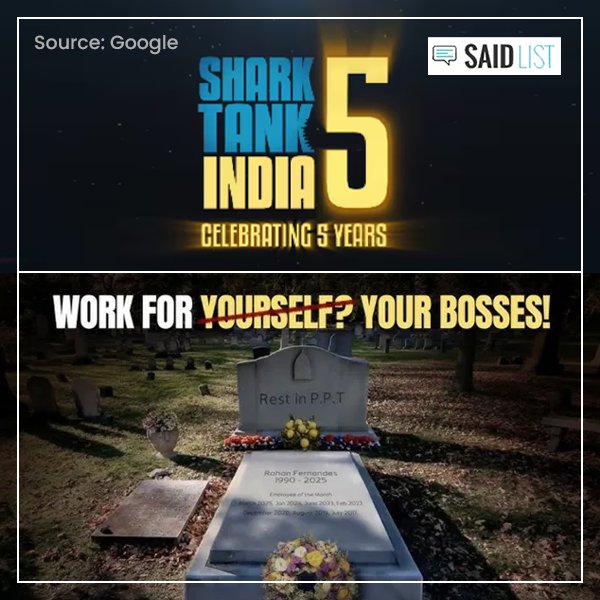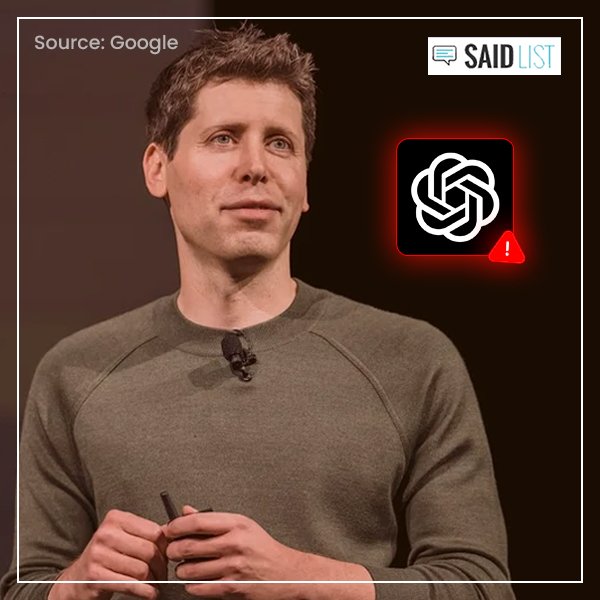Bryan Johnson, a US millionaire and entrepreneur known for his quest to reverse aging, recently made headlines during his visit to India. Johnson, the founder of Braintree Venmo, sold to PayPal for $800 million, is on a mission to turn back the biological clock. However, his India tour took an unexpected turn when he faced Mumbai’s notorious smog. Despite precautions like wearing an N95 mask and using air purifiers, he experienced throat and eye irritation—a stark reminder of India’s escalating air pollution crisis.
This article delves into Johnson’s India tour, his groundbreaking longevity practices, and the significance of environmental consciousness in promoting health tourism.
Encounter of Bryan Johnson with Mumbai’s Pollution
Bryan Johnson landed in Mumbai on December 1, 2024, and immediately felt the city’s severe air pollution effects. Taking to X (formerly Twitter), he described his discomfort:
“I arrived in Mumbai yesterday and even with air purifiers in my hotel room and wearing a N95 mask outside, my throat and eyes burn. I agree, it’s a pretty serious health situation.”
His post was a response to Indian-origin venture capitalist Debarghya Das, who noted the adverse health impacts of India’s air pollution, such as watery eyes and a runny nose. Johnson’s experience echoes a growing concern for international travelers, especially those with heightened health consciousness.
The Blueprint of Longevity: Unique Routine of Bryan Johnson
Bryan Johnson isn’t just about wealth; he’s a pioneer in longevity science. His Blueprint program aims to reverse his biological age through rigorous routines and cutting-edge technology. Here’s a glimpse of his strict regimen:
1. Early Wake-Up Call
- Johnson begins his day at 4:30 AM, optimizing his body’s natural rhythms.
2. Controlled Diet
- He consumes a plant-based diet with precise calorie calculations. During his India visit, he carried every meal, including nut bars, peptides, lentils, and pea soup, to maintain dietary control.
- His food philosophy: “Food is guilty until proven innocent.”
3. Supplement Overload
- Johnson takes over 100 supplements daily to support cellular repair and brain function.
4. Exercise & Monitoring
- His fitness regimen is tailored to maintain muscle strength and flexibility without overexertion.
5. Plasma Transfusions
- One of his most controversial practices involves plasma transfusions from his son, which he believes rejuvenate his body.
Meeting India’s Innovators: A High-Profile Networking Event
Despite the pollution, Johnson remained focused on his mission. On December 1, he attended an exclusive event at Soho House Mumbai with Zomato CEO Deepinder Goyal and comedian Tanmay Bhat.
Over 1,100 applications were received for 50 spots. Johnson tweeted:
“Last night at Soho house with @deepigoyal, who built @zomato into one of the most successful companies in India. There were over 1,100 applications for 50 seats. Sad to miss so many of you.”
This event highlights the intersection of health, technology, and entrepreneurship, making Johnson’s visit a catalyst for innovative dialogue in India.
Health Tourism in India: Potential vs. Pollution
India is a leading destination for health tourism, attracting visitors seeking affordable treatments and wellness retreats. However, the country’s air pollution poses a significant threat to this sector. Johnson’s struggle with Mumbai’s smog emphasizes the urgent need for environmental reforms to sustain its global appeal.
Balancing Longevity and Environmental Health
Bryan Johnson’s India tour is more than a promotional campaign for his book, “Don’t Die”; it’s a stark reminder of the challenges that developing nations face in balancing rapid urbanization with environmental health. His journey brings attention to the need for a cleaner, greener future—especially in countries striving to attract health-conscious tourists.
Conclusion: A Call for Change
Bryan Johnson’s encounter with Mumbai’s air pollution underscores the importance of environmental awareness in promoting longevity and wellness. His rigorous approach to health serves as an inspiration for individuals and governments alike to rethink their relationship with health and sustainability.
In a world where aging is increasingly viewed as a problem to solve rather than an inevitable fate, Johnson’s journey is a beacon of resilience. His experience in India highlights the critical link between personal well-being and environmental responsibility, urging us to take collective action.
Let’s work towards a future where longevity and environmental health go hand in hand—because, as Johnson would say, “Aging isn’t destiny; it’s a choice we can change.”











